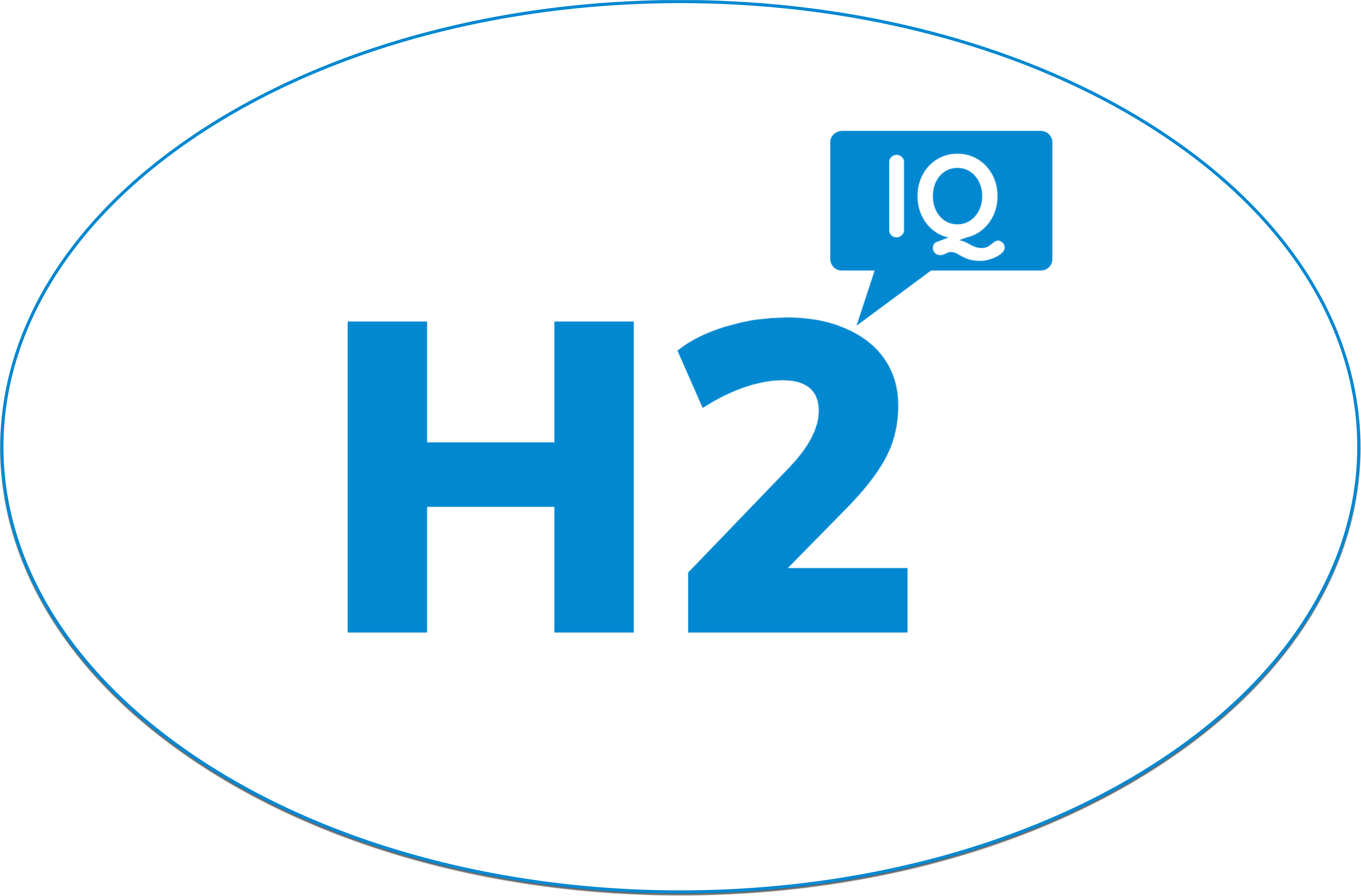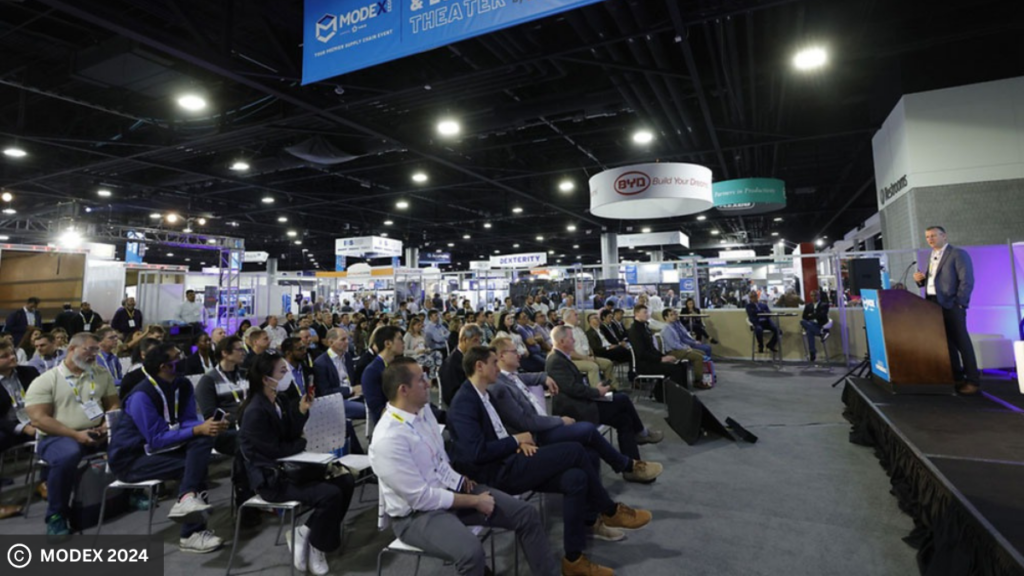MODEX 2024: Showcasing the Role of Hydrogen Fuel Cells in Material Handling and Mobility
The upcoming MODEX 2024, scheduled from March 11 to March 14 in Atlanta, GA, is set to feature a range of technologies in the logistics and material handling sector. Expected trends to watch out for include expanded automation, AI-powered software, and motive power advances with a particular focus on hydrogen fuel cell technology. Among the key participants is Plug Power, a company known for its developments in hydrogen fuel cells. The expo will provide a platform to assess the latest advancements in fuel cells, especially for forklift applications, with Plug Power’s GenDrive units being a notable example in multiple forklift brands.
For information about the MODEX 2024 show and other events in March, click here.
Modex 2024 – Fuel Cells for Forklifts
At MODEX 2024, Plug Power plans to showcase its GenDrive technology, designed for integration into forklifts. These fuel cells are an alternative to traditional lead-acid batteries and are advertised to offer benefits such as lower maintenance requirements and longer lifespans. Attendees will have the opportunity to evaluate the practicality and efficiency of these fuel cells in industrial settings.
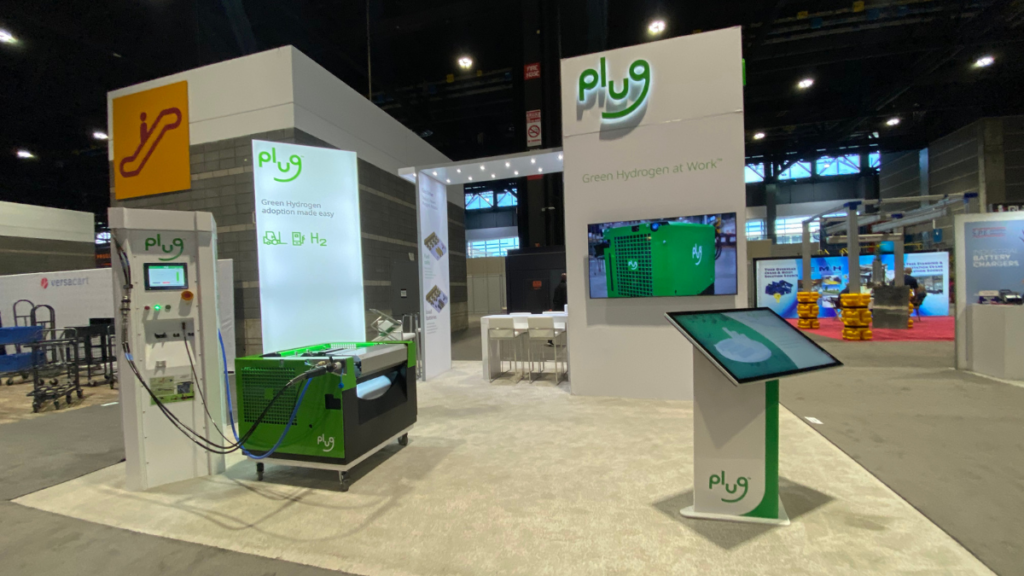
Doosan and HangCha Lead the Way in H2
In addition to Plug Power, MODEX 2024 will also feature forklift OEMs showcasing hydrogen-powered forklifts, including Doosan and HangCha. Both these brands showcased forklifts with Plug Power GenDrive fuel cells inside at the Promat Show in Chicago in 2023. These companies are expected to present their latest hydrogen forklift models again this year, contributing to the growing discourse on the efficacy and sustainability of hydrogen as a fuel source in material handling.
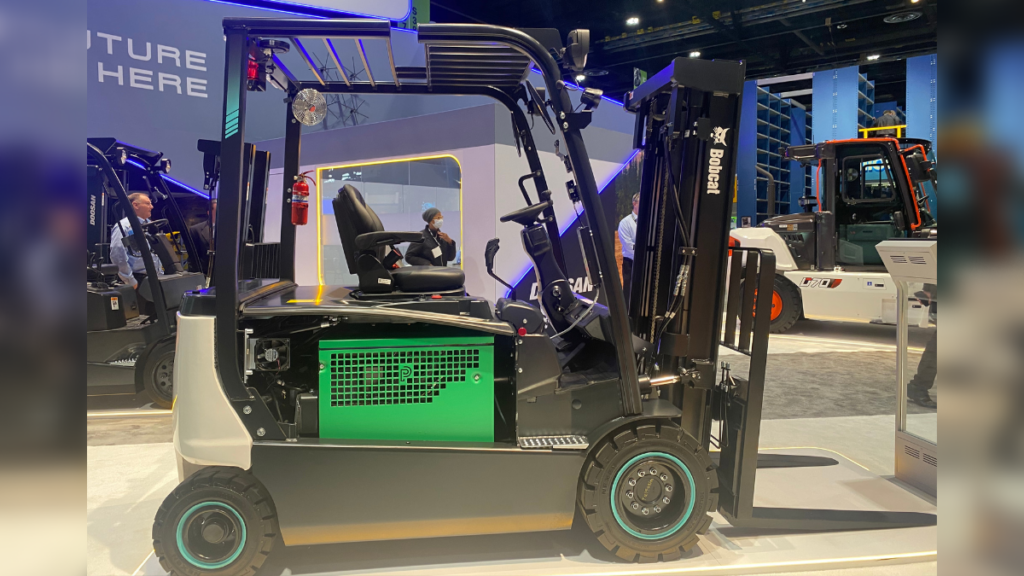
Forklift Brands Offering Hydrogen Fuel Cells
Additionally, an important development in the industry is the collaboration between Plug Power and major forklift manufacturers like KION, Jungheinrich, Crown, Clark, Raymond, Toyota, Yale, and Hyster. These manufacturers directly or through their dealers are working to adapt Plug Power’s GenDrive fuel cells for compatibility with existing battery compartments in their forklift models. This collaboration aims to facilitate the conversion of existing and future forklift fleets to hydrogen power, a move that is anticipated to impact the industry’s shift towards more sustainable energy solutions. This means that existing fleets of forklifts can remove their lead-acid batteries and immediately start running their current fleet of electric forklifts on hydrogen using Plug Power GenDrives.
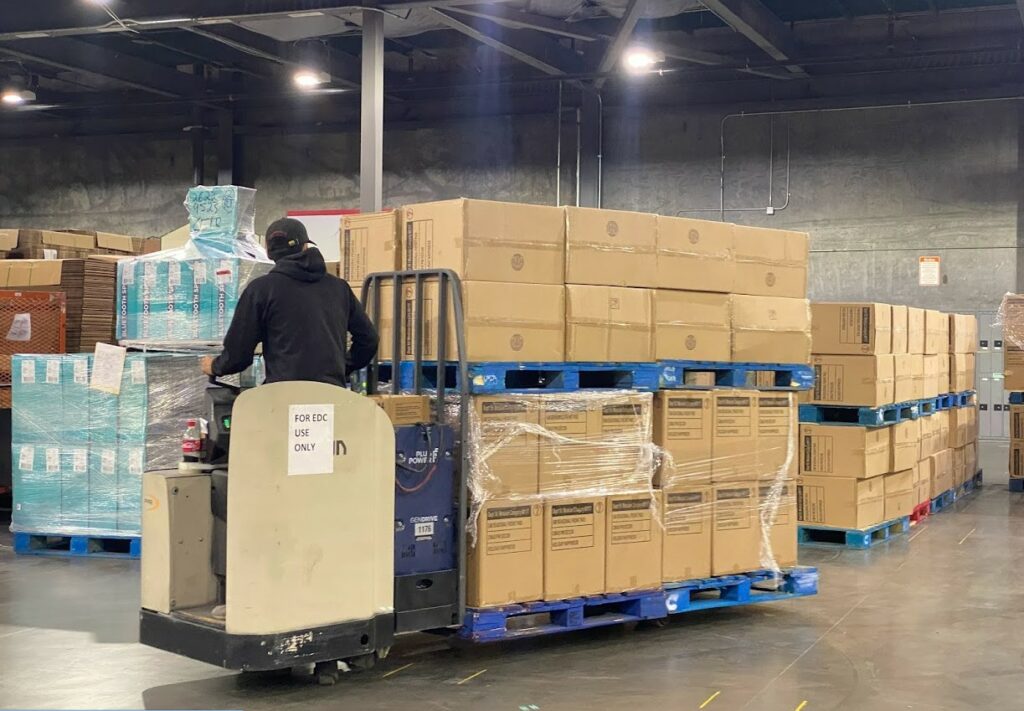
Fuel Cells as Alternatives to Batteries for Forklifts
The expo is poised to be a critical observation point for the advancements in hydrogen fuel cell technology, which has evolved to become more accessible and potentially cost-effective compared to traditional battery systems in certain industrial applications. MODEX 2024 offers a platform for industry professionals to analyze how these technologies can improve operational efficiency and reduce environmental impact.
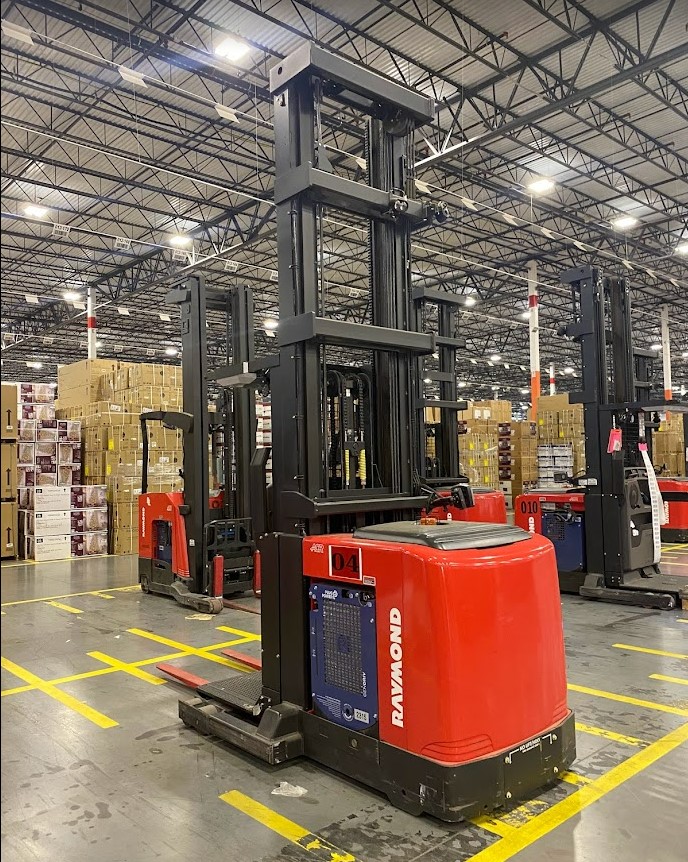
Trends in Motive Power
For those interested in the developments of Plug Power, fuel cells for forklifts, and the broader implications for the material handling industry, MODEX 2024 represents a significant event. It provides an opportunity to critically examine the latest innovations and trends in the sector, with a focus on the transition to hydrogen-powered solutions.
In conclusion, MODEX 2024 is anticipated to be a key event for stakeholders in the material handling and logistics industry, particularly regarding the adoption of hydrogen fuel cell technology. The participation of companies like Plug Power and various forklift manufacturers is indicative of the industry’s exploration of sustainable and efficient energy alternatives. The expo will serve as a crucial venue for evaluating the potential impact and feasibility of these emerging technologies in the material handling sector.
